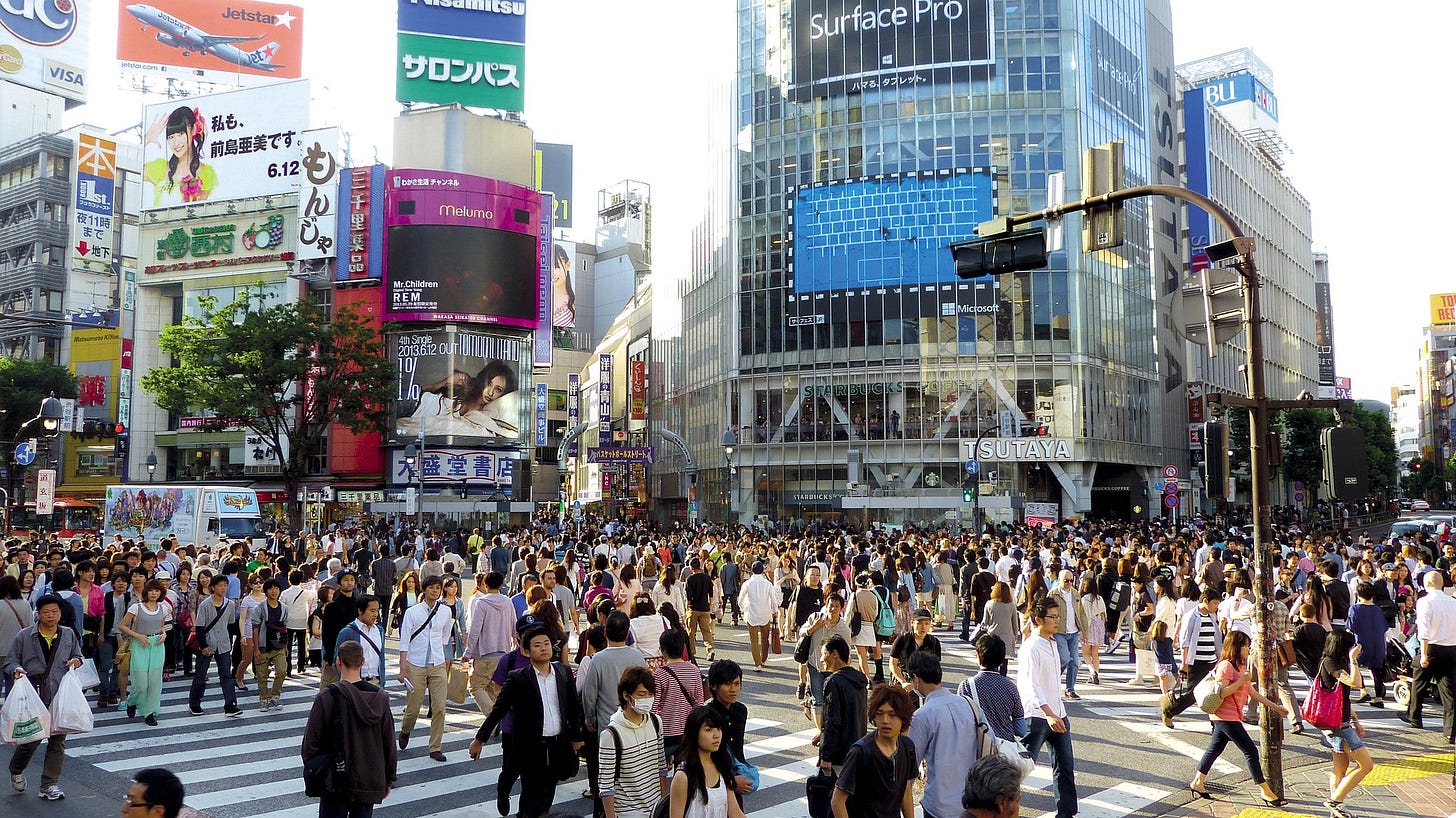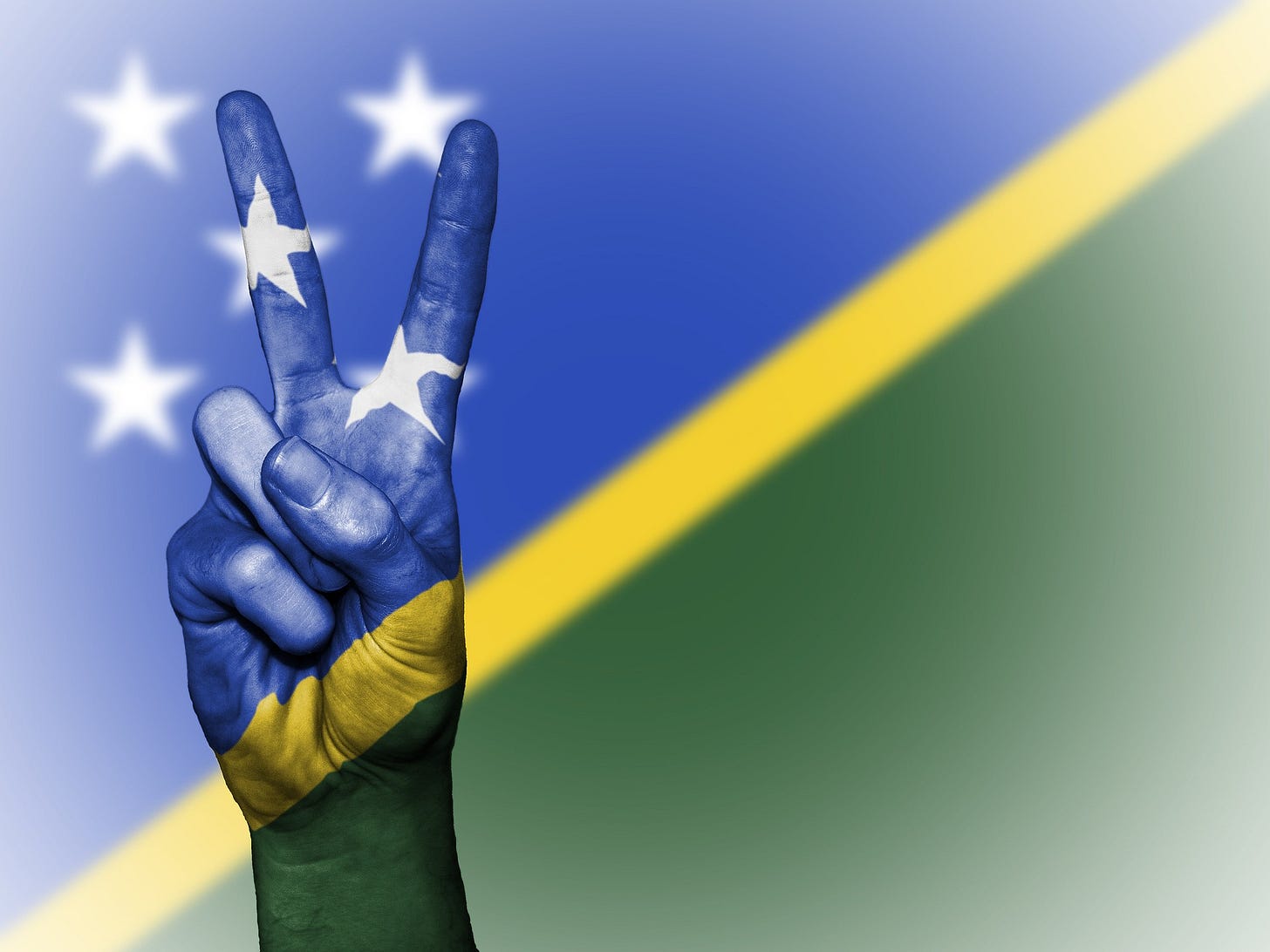Myth-Busting Monday
Gun bans always increase the murder rate
This article was first published on GVPedia.
Summary:
Researcher John Lott claims that every city or country that has banned guns has subsequently seen murder rates increase.
Since passing strong gun laws in the 1940s and 1950s, Japan experienced a significant decrease in its murder rate and now has one of the lowest murder rates in the world.
The countries Lott claims experienced an increase in murder rates after banning guns all had other factors, such as civil wars, that increased the violence.
Lott’s Claim:
In a Declaration of Support filed on December 6, 2019 in the U.S. District Court for the Southern District of California, John Lott claimed, “every place that has banned guns (either all guns or all handguns) has seen murder rates go up. Examples include Chicago, Illinois, Washington D.C., and island nations such as England, Jamaica, Ireland, Venezuela, and obscure places like the Solomon Islands.”
Lott cites his own original research available in the 2010 edition of his book, More Guns, Less Crime, and an April 2016 post on his website where he writes about individual countries.
Lott states, “Regarding Japan, the point to make clear is that Japan has had a very low murder rate for as long as data is available, and more importantly, the guns were banned by private citizens. Some point to the drop in homicides after the 1958 gun law, but they ignore the 1946 regulations under the Allied Occupation and the 1950 Order that continued ‘the general prohibition of possession of guns by civilians.’ The issue here is to separate out whether it is gun control or something else different about Japan that is important, and unless you can see a change before and after there has been a change in gun control laws it is difficult to infer anything about the impact of gun control laws.”
Lott repeats this claim in his 2020 book, Gun Control Myths: “Gun control advocates such as Vox never mention that every single time that guns are banned — either all guns or all handguns — homicide/murder rates rise. This is a remarkable fact.”
The Facts:
In 1946, the Japanese government banned the possession of firearms and swords by private citizens in principle, although the possession of hunting guns and artistic swords was permitted with a license. In 1958, changes were implemented to prohibit carrying guns and swords, regardless of whether the carrier was licensed. Murders in Japan have fallen by more than 75% since 1955, with no upward spikes as the chart below reveals. A 2006 study estimated gun ownership in Japan at 1 in 175 households. Today, Japan has one of the lowest homicide rates in the world and gun violence is exceptionally rare. In 2017, only three people were fatally shot.
Lott’s statement, “every place that has banned guns (either all guns or all handguns) has seen murder rates go up,” is disproved by Japan.
The countries Lott examined that saw increases in murder rates after banning guns had factors other than gun laws driving the violence.
In England, a serial killer was apprehended a few years after the Firearms (Amendment) (No. 1 and 2) of 1997 were passed. All of the murders committed by that serial killer were recorded as being committed in a single year which resulted in an increase in England’s overall murder rate for that year. England also suffered from a terrorist attack, which elevated the murder rate, but was not related to the gun law.
Lott mentions Jamaica which experienced a deadly political civil war that was unrelated to its firearm laws.
Similarly, Lott references Ireland as a case of murders spiking after a gun law, but ignores that the country was in a period of political turmoil called “The Troubles” that had nothing to do with its firearm laws.
The Solomon Islands was in the middle of a civil war when its regulations were passed, but once the war was over, the island nation was able to enforce its ban. Even Lott’s own data on the Solomon Islands shows a substantial reduction in violence.
Lott mischaracterizes Venezuela’s 2013 gun law as a gun ban, and Venezuela itself as an island. Venezuela’s law, in fact, permitted gun owners to keep all their firearms if the owners registered them, despite a statement by Hugo Chavez’s government that their ultimate aim was to “disarm all citizens.” In a 2019 PolitiFact article, Professor Rebecca Hanson, an expert on crime in Venezuela at the University of Florida, stated, “The law, in reality, did not affect people’s ability to access guns in any effective or long-term way.” She explained that access to guns has increased since the law was passed in 2013 due to an active illegal gun market and lax enforcement of the 2013 law. NYU Professor Alejandro Velasco told PolitiFact that “the gun ban had almost no practical impact on people’s ability to buy and keep (or use) weapons.”
Sources:
John Lott, “Declaration of Support, US District Court for the Southern District of California,” CourtListener, Dec. 6, 2019
John Lott, Gun Control Myths, 2020
John Lott, More Guns, Less Crime, 2010 (Third Edition)
John Lott, “Updated: Murder And Homicide Rates Before And After Gun Bans,” Crime Prevention Research Center, April 16, 2016
Library of Congress, “Firearms-Control Legislation and Policy: Japan”
John Lott, “Another Gun Ban, Another Bad Outcome: Venezuela Homicide Rate Rose After 2012 Ban On Private Ownership Of Guns,” Crime Prevention Research Center, April 10, 2016
Amy Sherman, “Fact-checking Matt Gaetz on gun bans in Australia and Venezuela,” Politifact, Aug. 19, 2019
United Nations Office on Drugs and Crime, dataUNODC
Image of Tokyo street by Jason Goh from Pixabay; image of Solomon Islands flag by David Peterson from Pixabay.





